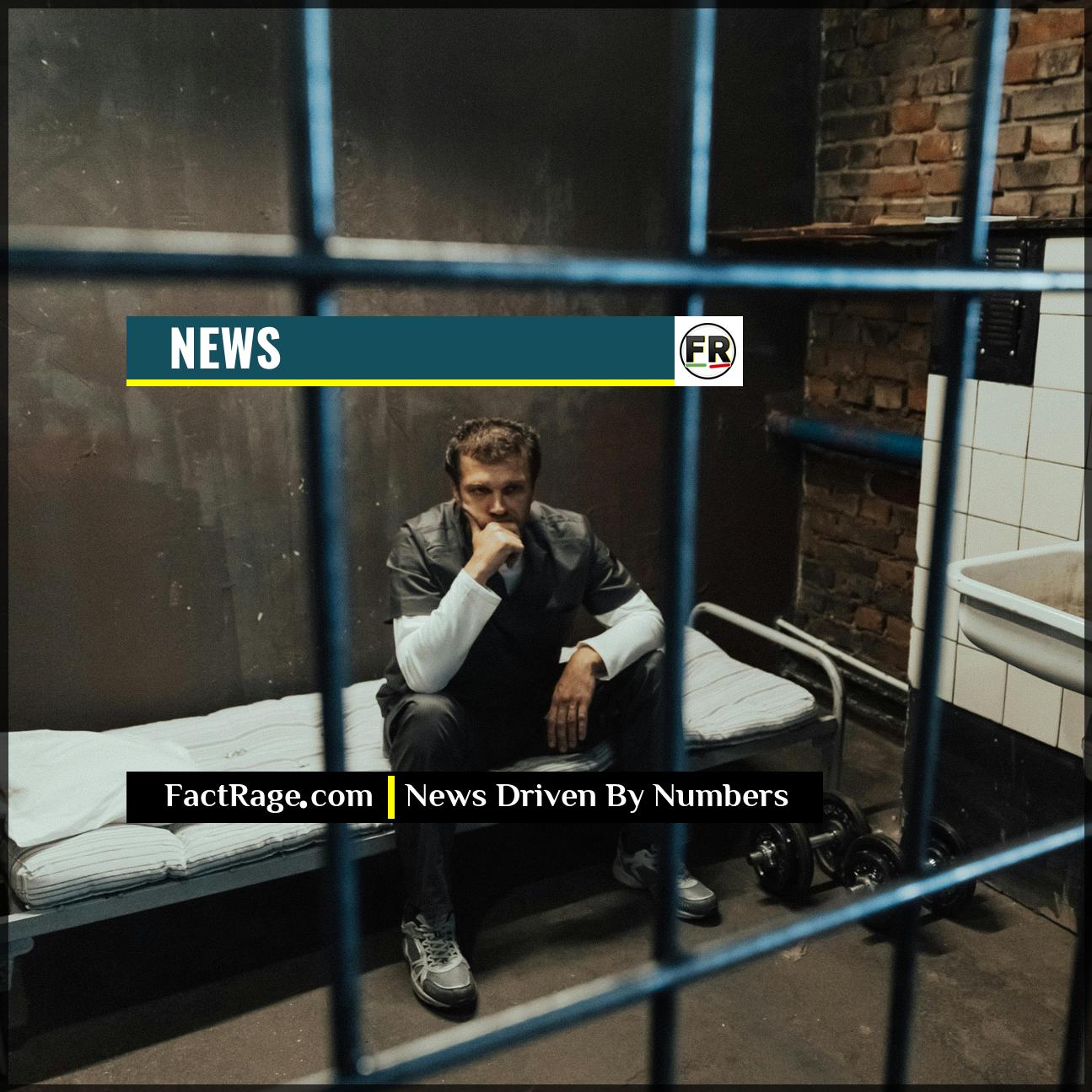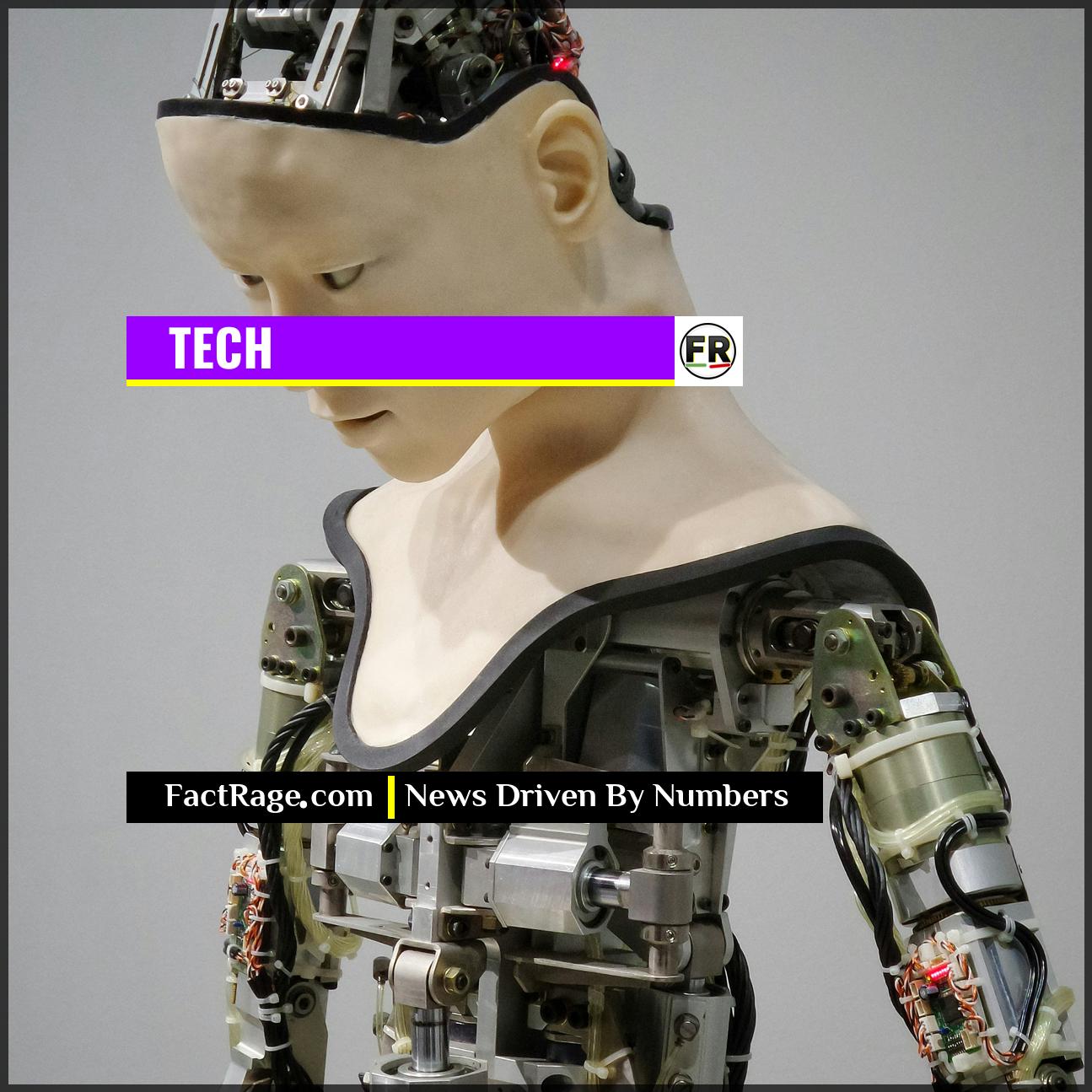HOLLYWOOD – The confirmation of Nicholas Hoult as Lex Luthor in James Gunn’s upcoming Superman film is more than just filling a role; it’s a foundational choice that signals a new, deliberate direction for one of comic book history’s most iconic villains.
- A Strategic Choice – Hoult’s casting points to a younger, more complex version of Lex Luthor, intended to be a long-term intellectual and psychological rival to David Corenswet’s Superman.
- An Actor’s Blueprint – Hoult’s acclaimed performances as a charming but dangerous narcissist in “The Great” and an obsessive culinary artist in “The Menu” offer a potential blueprint for his take on Luthor.
- Gunn’s New Vision – The decision aligns with director James Gunn’s stated goal of creating a cohesive, character-focused DC Universe with a distinct tonal identity, starting with its central hero and villain.
This casting solidifies a key piece of the puzzle for the rebooted DC Universe. A closer look at Hoult’s career and the history of the character on screen provides a clear glimpse into what kind of antagonist audiences can expect from the new Man of Steel’s arch-nemesis.
More Than a Villain, A Mission Statement
![]() In the high-stakes chess game of building a cinematic universe, the first major villain cast is never just a role—it’s a mission statement. The choice of Nicholas Hoult as Lex Luthor offers our clearest look yet at the narrative strategy for the new DCU. This signals a deliberate pivot from the archetypes of the past toward a more psychologically complex and contemporary rival for the Man of Steel, reflecting a deeper shift in how we tell superhero stories today.
In the high-stakes chess game of building a cinematic universe, the first major villain cast is never just a role—it’s a mission statement. The choice of Nicholas Hoult as Lex Luthor offers our clearest look yet at the narrative strategy for the new DCU. This signals a deliberate pivot from the archetypes of the past toward a more psychologically complex and contemporary rival for the Man of Steel, reflecting a deeper shift in how we tell superhero stories today.
Read On…
Below, we break down how Hoult’s past roles provide the perfect blueprint for this new vision and what it means for the future of DC on screen.
From ‘The Great’ to Metropolis: What Kind of Villain Will Hoult Be?

Nicholas Hoult’s filmography showcases a unique ability to blend charm with menace, a combination that seems tailor-made for a modern Lex Luthor. Unlike the older, established corporate titans played by Gene Hackman and John Shea, or the quirky tech-bro interpretation from Jesse Eisenberg, Hoult (35) is an age-contemporary to his Superman, David Corenswet (31). This casting choice suggests a different dynamic: not a father figure or an eccentric outsider, but a direct peer competitor.
His roles provide compelling evidence for this direction. In Hulu’s “The Great,” Hoult played Emperor Peter III as a charismatic, yet dangerously petulant and narcissistic leader. In “The Menu,” he portrayed a hyper-obsessive artist whose genius was inseparable from his terrifying control. These performances suggest a Luthor who could be a celebrated public figure—a visionary tech mogul or beloved philanthropist—whose intelligence and ambition mask a deeply sinister and controlling nature. The central conflict may be less about real estate schemes and more about a psychological battle for the “soul” of Metropolis.
A Calculated Move in James Gunn’s DCU Blueprint
The decision to cast Hoult is a clear indicator of the strategy being employed by James Gunn and Peter Safran, co-heads of DC Studios. Their mission is to build a unified and tonally consistent cinematic universe under the banner of Warner Bros. Discovery. Securing a critically respected and versatile actor for a cornerstone villain role is a statement of intent. It prioritizes character depth and long-term potential over simple star power.
Gunn has emphasized that the new DCU will be character-driven. By establishing a formidable and complex Luthor from the outset, the universe builds a strong foundation. This Luthor will not just be a one-off villain but is expected to be a recurring, menacing presence across multiple projects. Hoult’s proven range gives the studio a villain who can evolve, adapt, and anchor the antagonistic side of the DCU for years to come.
Why This Luthor Won’t Be Like Past Portrayals
Every live-action Lex Luthor has reflected the era in which he was portrayed. Gene Hackman’s was a comically grandiose criminal mastermind of the 1970s. Michael Rosenbaum’s version in “Smallville” explored the tragic, slow descent of a young man shaped by friendship and betrayal. Jesse Eisenberg’s was a socially anxious, fast-talking tech billionaire reflecting anxieties of the 2010s.
Hoult’s casting suggests a break from all of these. The likely approach will be to present a Lex Luthor who is a true rival to Superman in every way. He could be just as beloved by the public, equally brilliant, and utterly convinced of his own righteousness. This creates a compelling dramatic question: how does a hero like Superman fight an enemy who has already won the public relations war? Hoult’s Luthor is poised to be less of a cartoon villain and more of a dark mirror, representing humanity’s peak potential when twisted by ego and jealousy.
A Blueprint for the Modern Arch-Nemesis
![]() The choice of Nicholas Hoult is ultimately less about filling a role and more about defining the very nature of conflict in James Gunn’s nascent DCU. This move signals a pivot towards sustained, psychological rivalries, betting on character depth over one-dimensional villainy to anchor its new cinematic saga. How this modern take on the classic hero-villain dynamic unfolds will likely be the most telling chapter in the story of DC’s ambitious new era.
The choice of Nicholas Hoult is ultimately less about filling a role and more about defining the very nature of conflict in James Gunn’s nascent DCU. This move signals a pivot towards sustained, psychological rivalries, betting on character depth over one-dimensional villainy to anchor its new cinematic saga. How this modern take on the classic hero-villain dynamic unfolds will likely be the most telling chapter in the story of DC’s ambitious new era.













